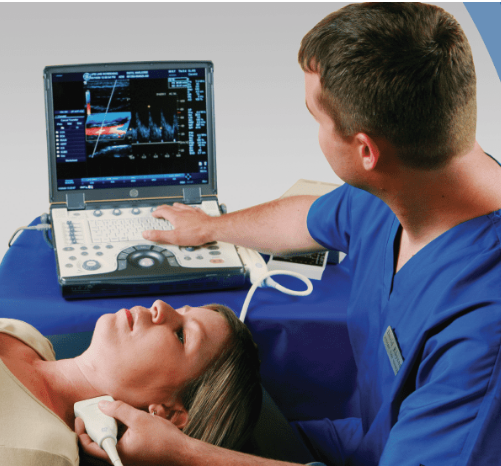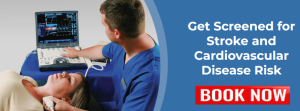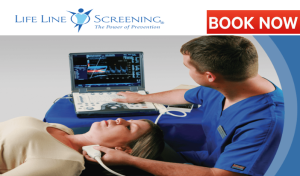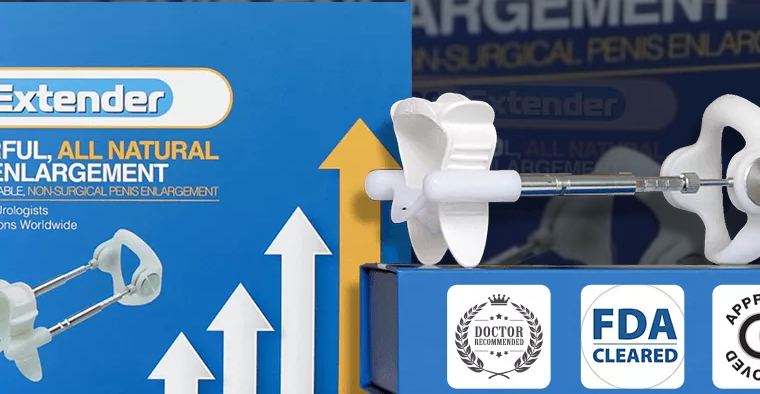Health screening is extremely important for a variety of reasons, including its function in early disease identification, prevention, and overall healthcare management. Here are some of the main reasons why health screening is so important:
1. Early Disease Detection: Screening tests for diseases and medical disorders can discover them at an early stage, frequently before symptoms show. This early discovery allows for rapid treatment, which can raise the odds of success and lessen the severity of the disease.
2. Preventive Measures: Health screening can assist in identifying risk factors and lifestyle decisions that contribute to illness development. Individuals can use this information to make informed health decisions, such as adopting healthier behaviors, changing their food, and increasing their physical activity.
3. Improved Quality of Life: Early detection and management of health conditions can lead to a higher quality of life. Early detection and management of high blood pressure or diabetes, for example, can help prevent complications such as heart disease, stroke, or kidney damage.
4. Savings on Treatments, Hospitalizations, and Long-Term Care: Early detection and prevention can save individuals and healthcare systems money by lowering the need for more expensive treatments, hospitalizations, and long-term care.
5. Personalized Care: Health screening gives crucial information about an individual’s health state to healthcare practitioners. This allows them to personalize healthcare strategies and actions to each patient’s particular needs and risk factors.
6. Benefits to Public Health: Mass health screening programs can help to identify and control epidemics of communicable diseases such as tuberculosis or sexually transmitted infections, thereby protecting the public.
7. Individuals can have peace of mind knowing that they are actively monitoring their health and taking actions to address potential issues before they become more serious if they have regular health tests.
9. Monitoring Chronic illnesses: Regular health screenings are crucial for persons with chronic illnesses such as diabetes or hypertension to monitor disease development and change treatment programs as needed.
10. Longevity: By addressing health difficulties early and adopting healthier behaviors, people can live longer, healthier lives.
11. Guidelines Compliance: Health screening is frequently advised as part of preventative healthcare guidelines. Following these principles can assist persons in staying current with their health evaluations and receiving appropriate care.
12. Opportunities for Education: Health exams frequently include counseling or educational components.
13. Early Intervention for Risk Factors: Health screenings can identify risk factors such as high cholesterol, obesity, or smoking, which, if addressed early, can reduce the risk of acquiring chronic diseases dramatically.
14. Targeted Screenings: Certain screenings, such as mammograms for breast cancer or colonoscopies for colon cancer, are targeted to certain populations or age groups, ensuring that the right people receive the right tests at the right time.
15. Tracking Progress: Health screenings enable people to track changes in their health over time, allowing them to better understand the impact of lifestyle changes and therapies.
In conclusion, health screening is an important part of preventive healthcare that provides several benefits such as early disease identification, economic savings, and increased quality of life. It gives people the ability to take charge of their lives.





